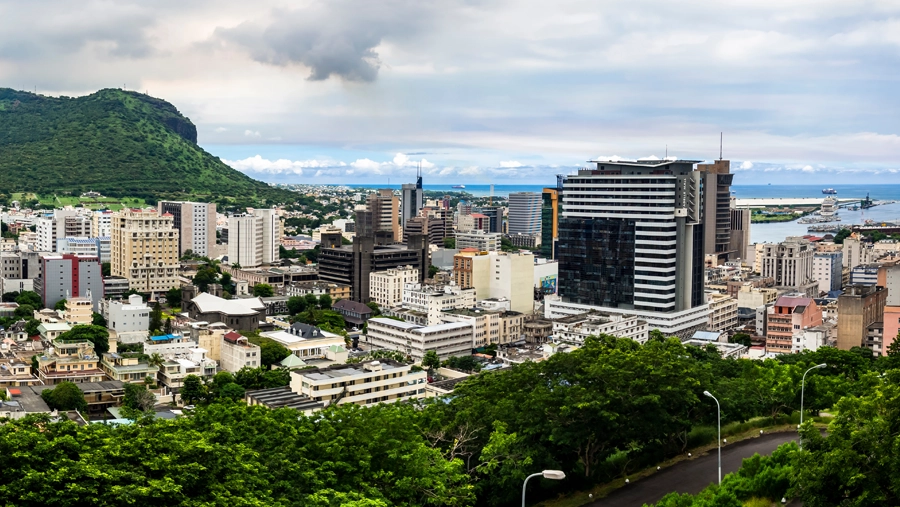The problem of waste and hazardous waste treatment in Mauritius
Mauritius, a developing island state in the Indian Ocean, faces significant environmental challenges, particularly with regard to waste management. Subject to increasing climate risks such as sea-level rise and coastal erosion, the need to respond to these challenges is urgent. Environment Minister Kavydass Ramano recently highlighted climate change, natural disasters, pollution and waste management, including transboundary plastic waste, as major concerns.
In response, the Mauritian government is committed to transforming the island into a climate-change-resilient green haven. Ten-year policies and strategies have been put in place, promoting a circular economy and including measures such as a ban on non-biodegradable single-use plastics and the development of a solid waste management strategy. In addition, significant investments are being made in infrastructure to combat coastal erosion and improve stormwater management.
Mauritius is also committed to reducing its greenhouse gas emissions and increasing the share of renewable energy in its energy mix. These initiatives are part of a global approach aimed at countering the triple planetary crisis: loss of nature and biodiversity, pollution and waste, and climate change.
A solution that contributes to Mauritius’s environmental objectives
The introduction of battery regeneration technology in Mauritius represents a major step forward in waste management. Previously, used batteries were often discarded in the environment (notably in the sea) or dumped inappropriately. Today, thanks to this technology, they can be regenerated to recover their full capacity..
This innovation is particularly relevant for Mauritius, a destination prized for its idyllic scenery and where the transport sector, construction and airport services are in high demand. In addition, in the tourism and sports sector, notably resorts and golf operators, the possibility of regenerating lead batteries in golfettes is being enthusiastically welcomed. Proposed by Be Energy Mauritius, this solution is not only environmentally friendly, it’s also economically advantageous. It enables facilities to reduce costs while preserving the environment, thus offering sustainable mobility on golf courses.
BE Energy, with its innovations, actively supports six of the United Nations’ Sustainable Development Goals (SDGs), in particular Goal #13, which focuses on ‘Climate change actions‘. This link is underlined in the certification report dated December 8, 2022, which highlights the significant impact of battery reconditioning on the environment: ‘Battery reconditioning plays a crucial role in reducing greenhouse gas emissions. This practice promotes the use of renewable energies and helps reduce electronic waste. The environmental impact of a battery regenerated using Be Energy technology is 89% lower than that of a new battery‘.
This statement reinforces BE Energy’s commitment to a more sustainable future and its effective contribution to preserving the planet and its inhabitants.


